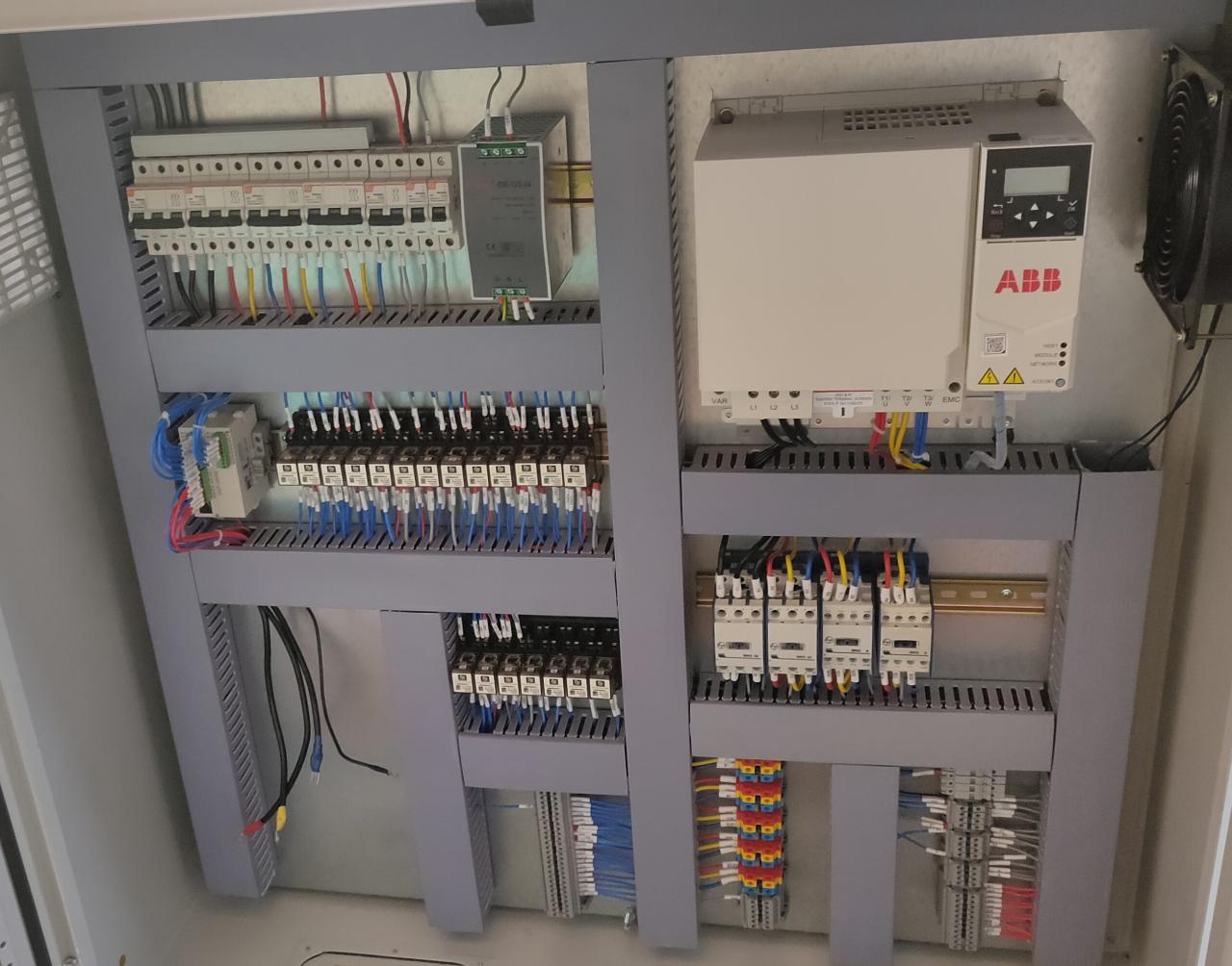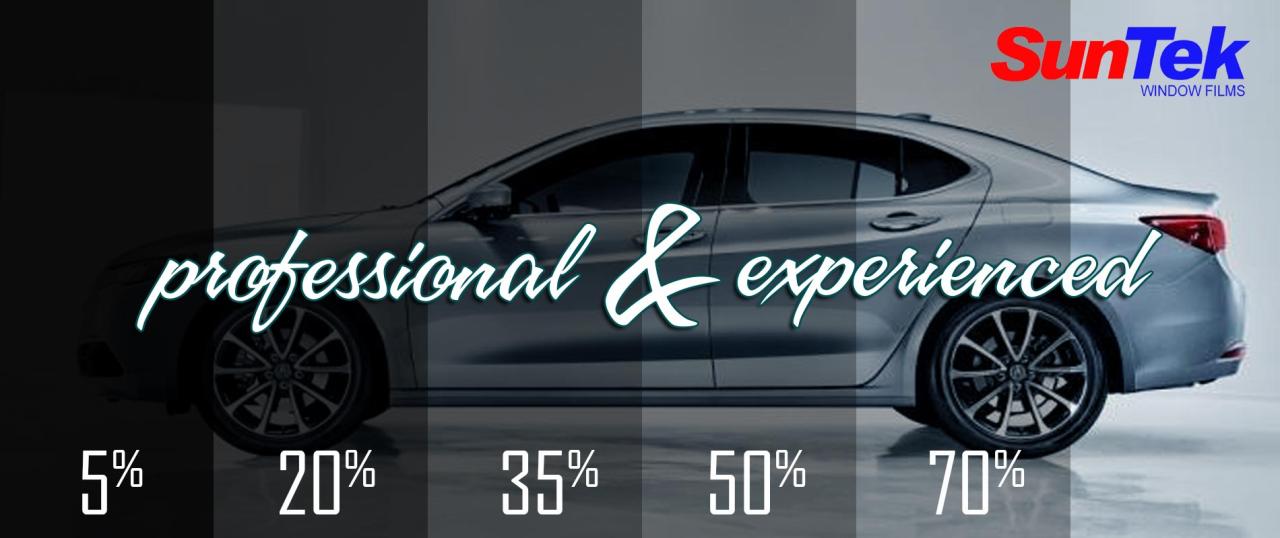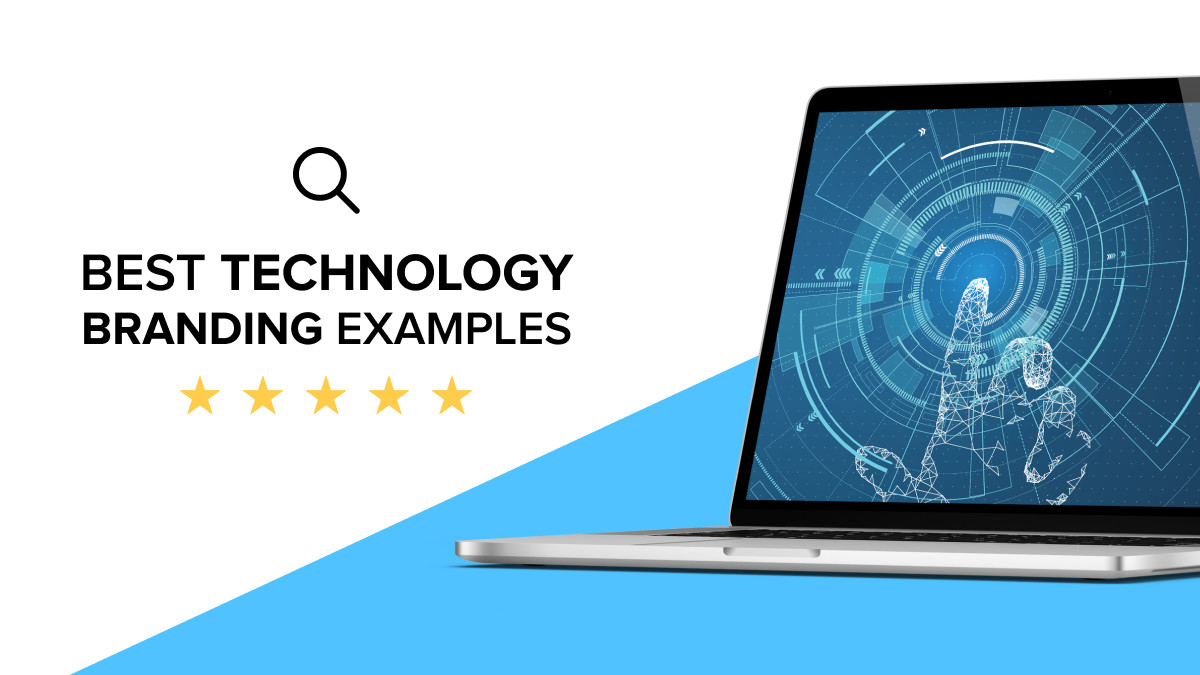Dealer Automation Technologies: Streamlining Dealership Operations
Dealer automation technologies have revolutionized the automotive industry, transforming how dealerships operate and interact with customers. From managing inventory and scheduling service appointments to streamlining sales processes and enhancing customer […]

Dealer automation technologies have revolutionized the automotive industry, transforming how dealerships operate and interact with customers. From managing inventory and scheduling service appointments to streamlining sales processes and enhancing customer relationships, automation has become an indispensable tool for modern dealerships. This technology is not just about efficiency; it’s about creating a more personalized and seamless customer experience, ultimately driving business growth and customer satisfaction.
This comprehensive guide will delve into the evolution of dealer automation, exploring key technologies, their impact on dealership operations, and the exciting future trends shaping the industry. We’ll examine the benefits and challenges of implementing these technologies, providing insights for dealerships looking to optimize their operations and stay ahead of the curve.
Core Dealer Automation Technologies

Dealer automation technologies are revolutionizing the automotive industry, streamlining operations, improving efficiency, and enhancing customer satisfaction. By automating repetitive tasks, these technologies free up valuable time for dealerships to focus on building stronger relationships with customers and driving sales.
Dealer Management Systems (DMS)
DMS software serves as the central hub for managing all aspects of a dealership’s operations.
- Key Features: Customer relationship management (CRM), inventory management, sales tracking, finance and insurance (F&I) processing, service scheduling, and reporting and analytics.
- Impact on Dealer Operations: DMS streamlines administrative tasks, improves data accuracy, provides real-time insights, and facilitates better decision-making.
Popular DMS solutions include:
- CDK Global: A leading provider of DMS solutions, CDK Global offers a comprehensive suite of tools for managing all aspects of dealership operations.
- Reynolds and Reynolds: Another major DMS provider, Reynolds and Reynolds offers a wide range of solutions tailored to the needs of different dealership sizes and types.
- Auto/Mate: Auto/Mate specializes in DMS solutions for smaller dealerships, offering affordable and user-friendly software.
Benefits:
- Improved efficiency and productivity by automating repetitive tasks.
- Enhanced customer satisfaction through better communication and service.
- Increased profitability by optimizing operations and reducing costs.
- Improved data accuracy and reporting for better decision-making.
Challenges:
- Implementation can be complex and time-consuming, requiring significant investment.
- Integration with other systems can be challenging, requiring careful planning and execution.
- Training staff on new software can be a hurdle, requiring dedicated resources and time.
Customer Relationship Management (CRM)
CRM software helps dealerships manage customer interactions, build relationships, and drive sales.
- Key Features: Contact management, lead nurturing, marketing automation, sales pipeline management, and customer service tracking.
- Impact on Dealer Operations: CRM software enables dealerships to personalize customer interactions, improve lead conversion rates, and enhance customer loyalty.
Popular CRM solutions include:
- Salesforce: A leading CRM platform, Salesforce offers a comprehensive suite of tools for managing customer relationships across all channels.
- Microsoft Dynamics 365: A robust CRM platform that integrates seamlessly with other Microsoft products, offering a comprehensive solution for managing customer interactions.
- HubSpot: A popular CRM platform for small and medium-sized businesses, HubSpot offers a user-friendly interface and affordable pricing.
Benefits:
- Improved customer engagement and satisfaction through personalized communication.
- Increased sales conversion rates by effectively nurturing leads and managing the sales pipeline.
- Enhanced customer loyalty through better customer service and relationship management.
- Improved marketing ROI by targeting the right customers with the right messages.
Challenges:
- Implementing and integrating CRM software can be complex, requiring careful planning and execution.
- Maintaining data accuracy and consistency can be challenging, requiring ongoing effort and attention.
- Training staff on new software can be time-consuming and require dedicated resources.
Inventory Management Systems (IMS)
IMS software helps dealerships manage their vehicle inventory, track stock levels, and optimize inventory flow.
- Key Features: Vehicle tracking, pricing management, stock level monitoring, order processing, and reporting and analytics.
- Impact on Dealer Operations: IMS software enables dealerships to optimize inventory levels, reduce storage costs, and improve vehicle turnover.
Popular IMS solutions include:
- CDK Global: CDK Global offers a comprehensive IMS solution that integrates with its DMS software, providing a unified platform for managing all aspects of dealership operations.
- Reynolds and Reynolds: Reynolds and Reynolds also offers a robust IMS solution that helps dealerships manage their inventory efficiently.
- Auto/Mate: Auto/Mate provides an IMS solution specifically designed for smaller dealerships, offering affordable and user-friendly software.
Benefits:
- Optimized inventory levels, reducing storage costs and minimizing stockouts.
- Improved vehicle turnover, maximizing sales and generating revenue.
- Accurate pricing management, ensuring competitive pricing and maximizing profits.
- Real-time insights into inventory levels and trends, enabling better decision-making.
Challenges:
- Implementing and integrating IMS software can be complex, requiring careful planning and execution.
- Maintaining data accuracy and consistency can be challenging, requiring ongoing effort and attention.
- Training staff on new software can be time-consuming and require dedicated resources.
Digital Marketing and Advertising Tools
Digital marketing and advertising tools help dealerships reach potential customers online, generate leads, and drive sales.
- Key Features: Website management, search engine optimization (), pay-per-click (PPC) advertising, social media marketing, email marketing, and analytics tracking.
- Impact on Dealer Operations: These tools enable dealerships to expand their reach, target specific audiences, and generate qualified leads.
Popular digital marketing and advertising tools include:
- Google Ads: A leading PPC advertising platform, Google Ads allows dealerships to target potential customers based on their search queries and demographics.
- Facebook Ads: Facebook Ads enables dealerships to reach a large audience of potential customers on Facebook and Instagram.
- Mailchimp: A popular email marketing platform, Mailchimp allows dealerships to create and send targeted email campaigns to nurture leads and promote special offers.
Benefits:
- Increased brand awareness and visibility online.
- Targeted marketing campaigns that reach the right audience.
- Improved lead generation and sales conversion rates.
- Enhanced customer engagement and interaction through social media.
Challenges:
- Managing multiple digital marketing platforms can be complex and time-consuming.
- Keeping up with the ever-changing digital landscape requires ongoing learning and adaptation.
- Measuring the effectiveness of digital marketing campaigns can be challenging, requiring sophisticated analytics tools.
Impact on Dealer Operations: Dealer Automation Technologies

Dealer automation technologies are revolutionizing the automotive industry by streamlining key processes, improving efficiency, and enhancing customer satisfaction. These technologies automate tasks that were previously manual and time-consuming, allowing dealerships to focus on delivering exceptional customer experiences.
Streamlining Key Processes
Dealer automation technologies significantly improve the efficiency of key dealer operations, including customer relationship management (CRM), sales, inventory management, and service scheduling.
- Customer Relationship Management (CRM): CRM systems automate tasks like lead generation, customer communication, and appointment scheduling. They provide a centralized database for customer information, allowing dealers to personalize interactions and track customer preferences.
- Sales: Dealer automation technologies streamline the sales process by automating tasks such as vehicle pricing, financing calculations, and document preparation. They also provide tools for managing inventory and tracking sales performance.
- Inventory Management: Automation technologies help dealers manage their inventory efficiently by tracking stock levels, monitoring vehicle movement, and optimizing storage space. They also enable dealers to forecast demand and adjust inventory levels accordingly.
- Service Scheduling: Service scheduling systems automate appointment booking, reminders, and communication with customers. They also help dealers manage service technicians’ schedules and optimize resource allocation.
Impact on Efficiency, Productivity, and Customer Satisfaction
The automation of key dealer operations has a significant impact on efficiency, productivity, and customer satisfaction.
- Efficiency: Automation eliminates manual tasks, reducing errors and freeing up staff to focus on higher-value activities. This leads to improved efficiency and faster turnaround times.
- Productivity: Automation enables dealers to process more transactions in less time, leading to increased productivity. This allows dealerships to serve more customers and generate higher revenue.
- Customer Satisfaction: Automation leads to faster response times, personalized interactions, and more efficient service delivery, resulting in higher customer satisfaction. Satisfied customers are more likely to return for future purchases and recommend the dealership to others.
Case Studies
Several dealerships have successfully implemented dealer automation technologies and achieved significant improvements in their operations.
“After implementing a CRM system, our dealership saw a 20% increase in sales leads and a 15% improvement in customer retention rates.” – [Name of dealership]
“Our new inventory management system has helped us reduce our inventory holding costs by 10% and improve our vehicle turnaround time by 25%.” – [Name of dealership]
“Since implementing our service scheduling system, we have reduced customer wait times by 30% and increased customer satisfaction ratings by 10%.” – [Name of dealership]
Future Trends in Dealer Automation

The automotive industry is rapidly embracing technological advancements, and dealer automation is at the forefront of this transformation. Emerging trends like artificial intelligence (AI), machine learning (ML), and predictive analytics are revolutionizing dealership operations, enhancing customer experiences, and paving the way for a more efficient and data-driven future.
Impact of AI, ML, and Predictive Analytics
These technologies are poised to significantly impact the future of dealership operations. AI, ML, and predictive analytics are already being used to optimize various aspects of the dealership experience, from lead generation and customer service to inventory management and sales forecasting.
- AI-powered chatbots can handle customer inquiries 24/7, providing instant responses and personalized recommendations, freeing up human agents to focus on more complex tasks.
- Machine learning algorithms can analyze vast amounts of data to identify customer preferences and predict buying behavior, enabling dealerships to tailor their marketing efforts and inventory strategies for greater success.
- Predictive analytics can help dealerships anticipate maintenance needs and schedule service appointments proactively, improving customer satisfaction and reducing downtime.
Personalized and Seamless Customer Experiences, Dealer automation technologies
Dealer automation plays a crucial role in creating a more personalized and seamless customer experience. By leveraging data and technology, dealerships can cater to individual customer needs and preferences, building stronger relationships and driving loyalty.
- Personalized marketing campaigns can be targeted based on customer demographics, purchase history, and online behavior, delivering relevant offers and information.
- AI-powered recommendation engines can suggest vehicles, accessories, and services based on individual customer preferences, enhancing the shopping experience.
- Automated appointment scheduling and reminders streamline the service process, reducing customer wait times and ensuring timely maintenance.
Final Conclusion
As the automotive industry continues to evolve, dealer automation technologies will play an even more crucial role in shaping the future of dealership operations. By embracing these advancements, dealerships can unlock new levels of efficiency, enhance customer satisfaction, and position themselves for continued success in a rapidly changing market. The journey toward a more automated and customer-centric future is well underway, and dealerships that embrace these technologies will be well-equipped to navigate the exciting challenges ahead.
Dealer automation technologies are transforming the way businesses operate, streamlining processes and boosting efficiency. A key component of this transformation is the adoption of cloud-based solutions, and American Virtual Cloud Technologies Ireland is a leading provider in this space. Their expertise in cloud infrastructure and services allows dealers to leverage the power of the cloud for everything from inventory management to customer relationship management, ultimately enhancing their overall performance.










